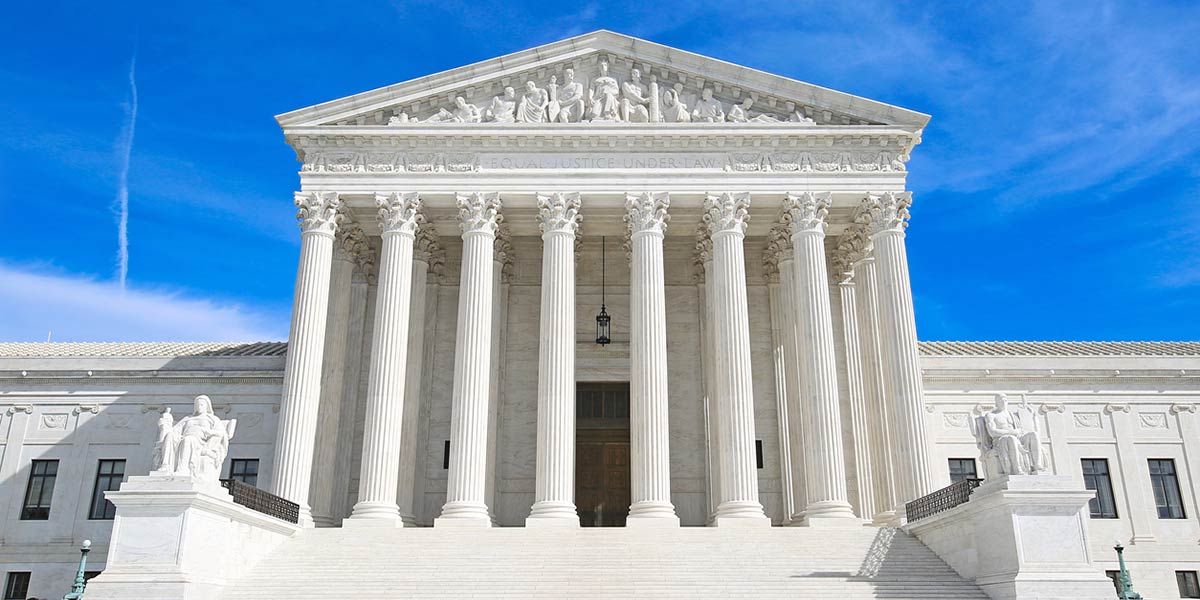JUDICIAL SELF-RESTRAINT
The activities that judges are forbidden to engage in, or at least
discouraged from engaging in,
deal not so much with jurisdiction as
with justiciability — the question of
whether judges in the system ought to
hear or refrain from hearing certain
types of disputes. Ten principles of judicial self-restraint, discussed below,
serve to check and contain the power
of American judges. These maxims
originate from a variety of sources —
the U.S. Constitution and state constitutions, acts of Congress and of state
legislatures, and the common law.
Some apply more to appellate courts
than to trial courts; most apply to federal and state judicial systems.
A Definite Controversy Must Exist
The U.S. Constitution states that “the
judicial Power shall extend to all
Cases, in Law and Equity, arising
under this Constitution, the Laws of
the United States, and Treaties
made...under their Authority” (Article
III, Section 2). The key word here is
cases. Since 1789 the federal courts
have chosen to interpret the term in its
most literal sense: There must be an
actual controversy between legitimate
adversaries who have met all the technical legal standards to institute a suit.
The dispute must concern the protection of a meaningful, nontrivial right
or the prevention or redress of a
wrong that directly affects the parties
to the suit.
There are three corollaries
to this general principle.
The first is that the federal courts
do not render advisory opinions, rulings about situations that are hypothetical or that have not caused an
actual clash between adversaries. A
dispute must be real and current before a court will agree to accept it for
adjudication.
A second corollary is that the parties to the suit must have proper
standing. This notion deals with the
matter of who may bring litigation to
court. The person bringing suit must
have suffered (or be immediately
about to suffer) a direct and significant injury. As a general rule, a litigant
cannot bring a claim on behalf of others (except for parents of minor children or in special types of suits called
class actions). In addition, the alleged
injury must be personalized and immediate — not part of some generalized complaint.
The third corollary is that courts
ordinarily will not hear a case that has
become moot — when the basic facts
or the status of the parties have significantly changed between the time
when the suit was first filed and when
it comes before the judge(s).
The
death of a litigant or the fact that the
litigants have ceased to be warring
CHAPTER 3: JURISDICTION AND POLICY-MAKING BOUNDARIES 63
parties would render a case moot in
most tribunals. However, sometimes
judges may decide that it is necessary
to hear a case, even though the status
of the facts and parties would seem to
have radically altered. Examples include cases where someone has challenged a state’s refusal to permit an
abortion or to permit the life-support
system of a terminally ill person to be
switched off. (In such cases, by the
time the suit reaches an appellate
court, the woman may already have
given birth or the moribund person
may have died.) In these cases judges
have believed that the issues were so
important that they needed to be addressed by the court. To declare such
cases moot would,
practically speaking, prevent them from ever being
heard in time by an appellate body.
Although federal judges do not rule
on abstract, hypothetical issues, many
state courts are permitted to do so in
some form or other. Federal legislative
courts may give advisory opinions as
well. Also, American judges are
empowered to render declaratory
judgments,
which define the rights of
various parties under a statute, a will,
or a contract. The judgments do not
entail any type of coercive relief. The
federal courts were given the authority
to act in this capacity in the Federal
Declaratory Judgment Act of 1934,
and about three-fourths of the states
grant their courts this power. Although a difference exists between an
abstract dispute that the federal courts
must avoid and a situation where a declaratory judgment is in order, in the
real world the line between the two is
often a difficult one for jurists to draw.

